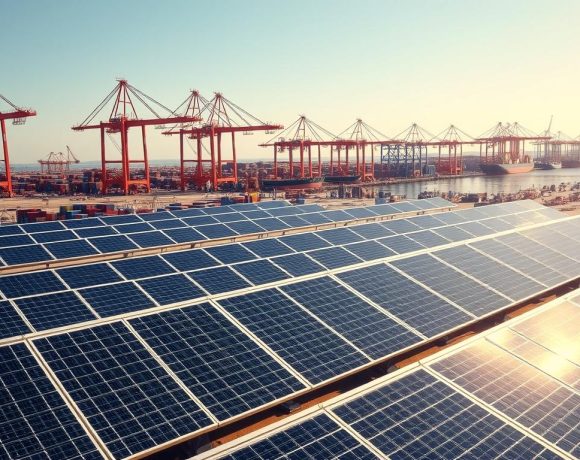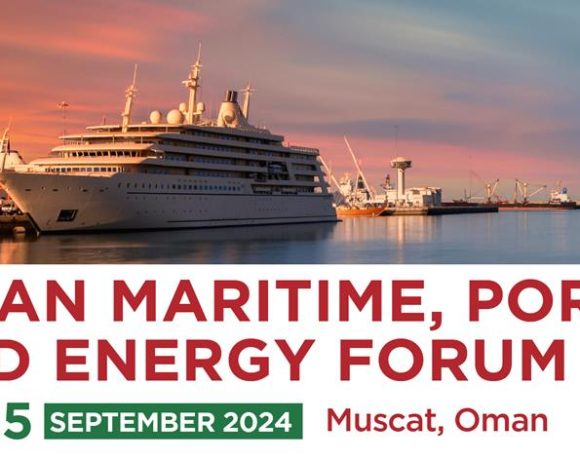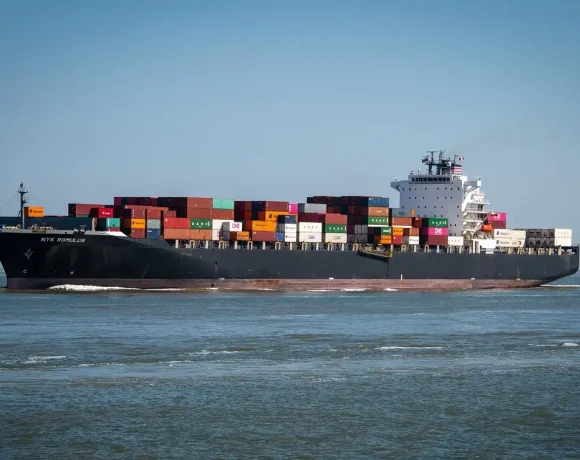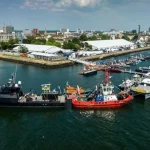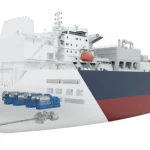Waste Management in the Maritime Sector
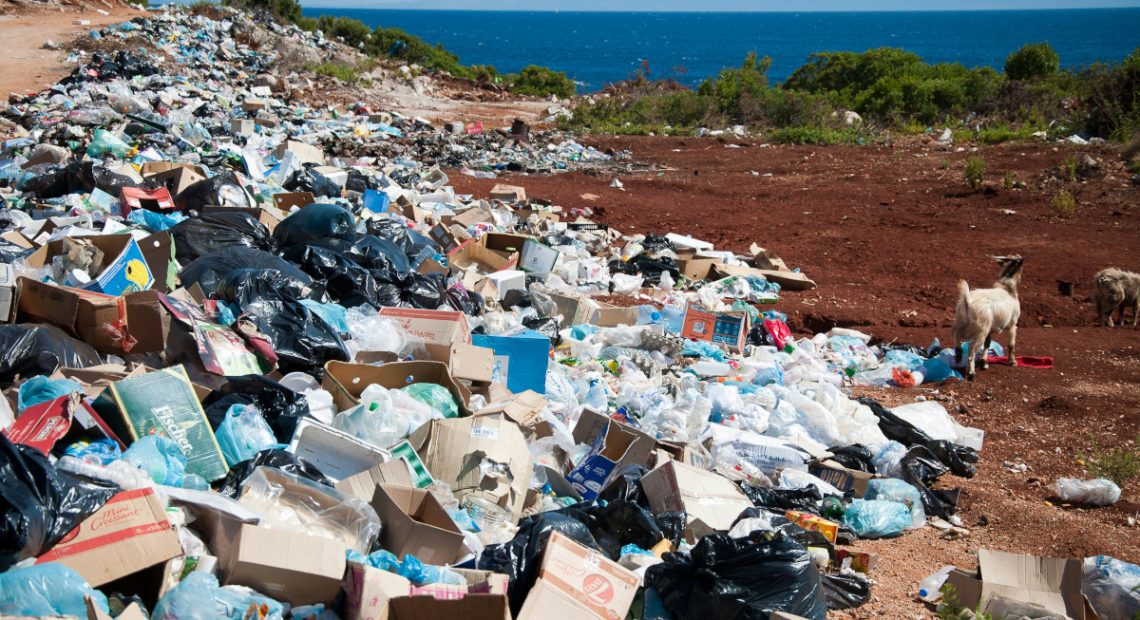
The maritime sector, a world of vast seas and boundless horizons, is not immune to the pressing global challenge of waste management. As the industry connects continents and nations, it also bears a significant responsibility towards the environment. This article explores the critical topic of waste management in the maritime sector, emphasising the need for sustainable solutions and highlighting innovative approaches to reduce the environmental footprint of this industry.
The Challenge of Maritime Waste
An Invisible Pollution
The vastness of the oceans has long allowed us to regard them as infinite and capable of absorbing anything we discard. However, the reality is starkly different. Ships, often operating far from land, produce substantial amounts of waste, including plastics, hazardous materials, and other pollutants that can harm marine ecosystems.
International Waters, Shared Responsibility
The international nature of maritime trade adds complexity to waste management. While ships may cross through multiple countries’ waters, they are subject to different regulations and waste disposal facilities at each port. This situation creates a need for a coordinated global approach to address maritime waste.
Types of Maritime Waste
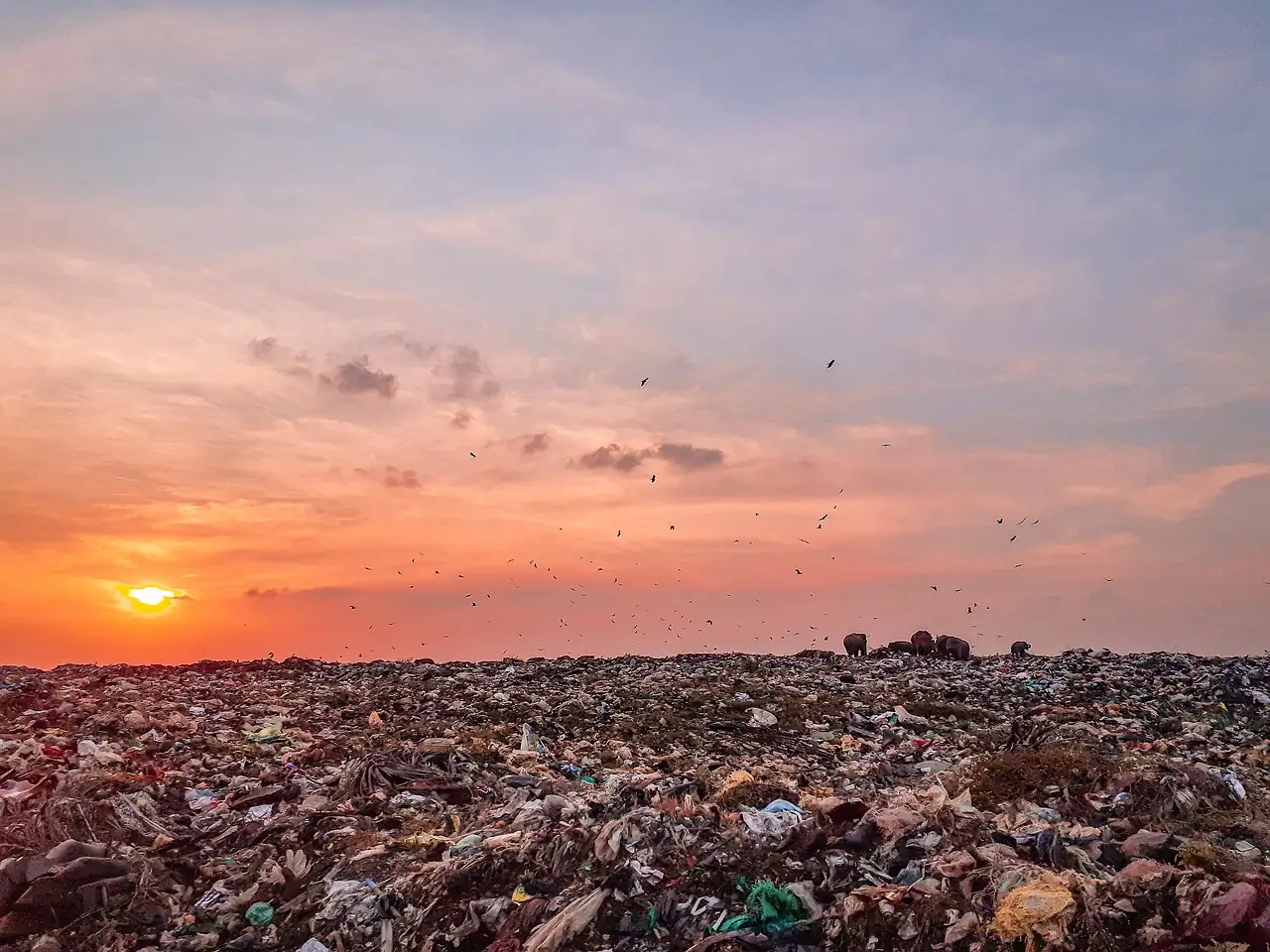
Rubbish from Galley and Accommodation
Maritime waste can be broadly categorised into different types. Galley and accommodation waste include food scraps, packaging, and general refuse generated by the crew and passengers. Proper disposal of these materials is essential to avoid attracting pests and causing pollution.
Hazardous Waste
Hazardous waste is a significant concern in the maritime sector. It includes materials like chemicals, batteries, and medical waste. If not managed correctly, these materials can pose serious threats to both the marine environment and human health.
Ballast Water and Oil Spills
Apart from solid waste, the maritime sector faces issues related to ballast water and oil spills. Ballast water, used to stabilise ships, can carry invasive species to new environments. Oil spills are a well-known environmental disaster that can have devastating consequences.
The Importance of Sustainable Waste Management
Ecosystem Impact
The improper disposal of waste at sea can harm marine ecosystems. Plastic pollution, for example, poses a significant threat to marine life and can lead to bioaccumulation in the food chain.
Regulatory Pressure
International regulations are increasingly putting pressure on the maritime sector to adopt sustainable waste management practices. The International Maritime Organization (IMO) has introduced regulations, such as MARPOL Annex V, which govern the disposal of litter at sea.
Innovative Waste Management Practices
Waste-to-Energy Technologies
Innovative waste-to-energy technologies are being explored to convert maritime waste into useful resources, such as electricity or heat. These systems not only reduce waste but also provide onboard energy.
Zero Discharge Systems
Zero discharge systems are designed to eliminate waste discharges at sea. These systems aim to retain waste onboard, reducing the environmental impact. This can include improved recycling and waste storage solutions.
Sustainable Waste Management in Ports
Port Reception Facilities
Ports play a vital role in sustainable waste management. Port reception facilities are designed to receive and manage waste generated by ships. They are essential for proper waste disposal and recycling.
International Collaboration
Collaboration between countries and ports is crucial for effective waste management. Regional agreements, like the London Convention, set standards for waste disposal and recycling.
The Role of Technology
Waste Tracking Systems
Technology has a significant role to play in waste management. Waste tracking systems, equipped with sensors and data analytics, help ships monitor waste generation and disposal, promoting efficient and environmentally responsible practices.
Waste Sorting Robots
Innovations like waste sorting robots are being implemented in ports to streamline the recycling process. These robots can separate different types of waste, increasing recycling efficiency.
Conclusion
The maritime sector, a world unto itself, faces the global challenge of waste management with the responsibility to safeguard the oceans and marine life. As the industry adopts sustainable waste management practices, from reducing waste generation to innovative waste-to-energy technologies, it sets sail for a cleaner, greener future. Ports, as gateways to this world, play a pivotal role in ensuring proper waste disposal. Technology, in the form of waste tracking systems and sorting robots, offers new avenues for efficient waste management. The journey towards sustainable waste management in the maritime sector is not just a voyage; it’s a commitment to the preservation of the world’s oceans for generations to come.
Statistics
Plastic Pollution in Oceans: Each year, approximately 8 million metric tons of plastic end up in the oceans. A significant portion of this comes from maritime activities, including shipping and fishing.
Waste Disposal from Ships: The average cruise ship generates around 8 gallons of waste per day per person, contributing to a substantial amount of waste disposal challenges, particularly in sensitive marine environments.
Regulations Impacting Waste Disposal: Regulations like MARPOL Annex V govern the disposal of garbage from ships. Compliance with these regulations significantly impacts waste management practices in the maritime industry.
Recycling and Reuse Efforts: The maritime sector is increasingly adopting recycling and waste-to-energy technologies. For instance, some estimates suggest that up to 80% of ship waste could be recycled or reprocessed.
References
World Direct Shipping Chooses CROE To Retrofit Scrubber System For M/V Queen B III
Sustainability in Maritime Sector: Waste Management Alternatives Evaluated in a Circular Carbon Economy Perspective
WASTE MANAGEMENT GUIDANCE FOLLOWING A MARITIME POLLUTION INCIDENT IN THE UK

